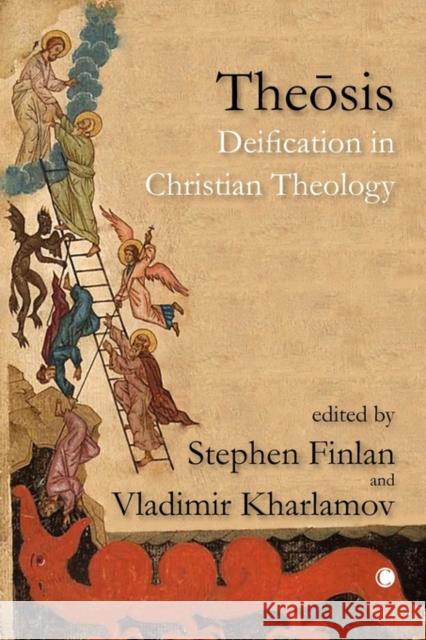Theosis: Deification in Christian Theology (Volume 1) » książka
Theosis: Deification in Christian Theology (Volume 1)
ISBN-13: 9780227173299 / Angielski / Miękka / 2010 / 194 str.
'Deification' refers to the transformation of believers into the likeness of God. Of course, Christian monotheism goes against any literal 'god making' of believers. Rather, the New Testament speaks of a transformation of mind, a metamorphosis of character, a redefinition of selfhood, and an imitation of God. Most of these passages are tantalizingly brief, and none spells out the concept in detail. Deification was an important idea in the early church, though it took a long time for one term to emerge as the standard label for the process. That term was theosis, coined by the great fourth-century theologian, Gregory of Nazianzus. Theologians now use theosis to designate all instances where any idea of taking on God's character or being divinized (made divine) occurs, even when the term theosis is not used. And of course, different Christian authors understood deification differently. While some articles in this collection discuss pre-Christian antecedents of theosis, Greek and Jewish, most focus on particular Christian understandings. The article by Gregory Glazov examines Old Testament covenant theology, with an emphasis on divine adoption, and on bearing the fruit of knowledge or attaining the stature of a tree of righteousness in Proverbs, Isaiah, and Sirach. The article by Stephen Finlan on 2 Pet 1:4 ('You may become participants of the divine nature') examines the epistle's apparent borrowings from Middle Platonic spirituality, Stoic ethics, and Jewish apocalyptic expectation. The epistle stresses 'knowledge of Christ, ' which means cultivation of godly character and growing up into Christ. - from the Introductio











